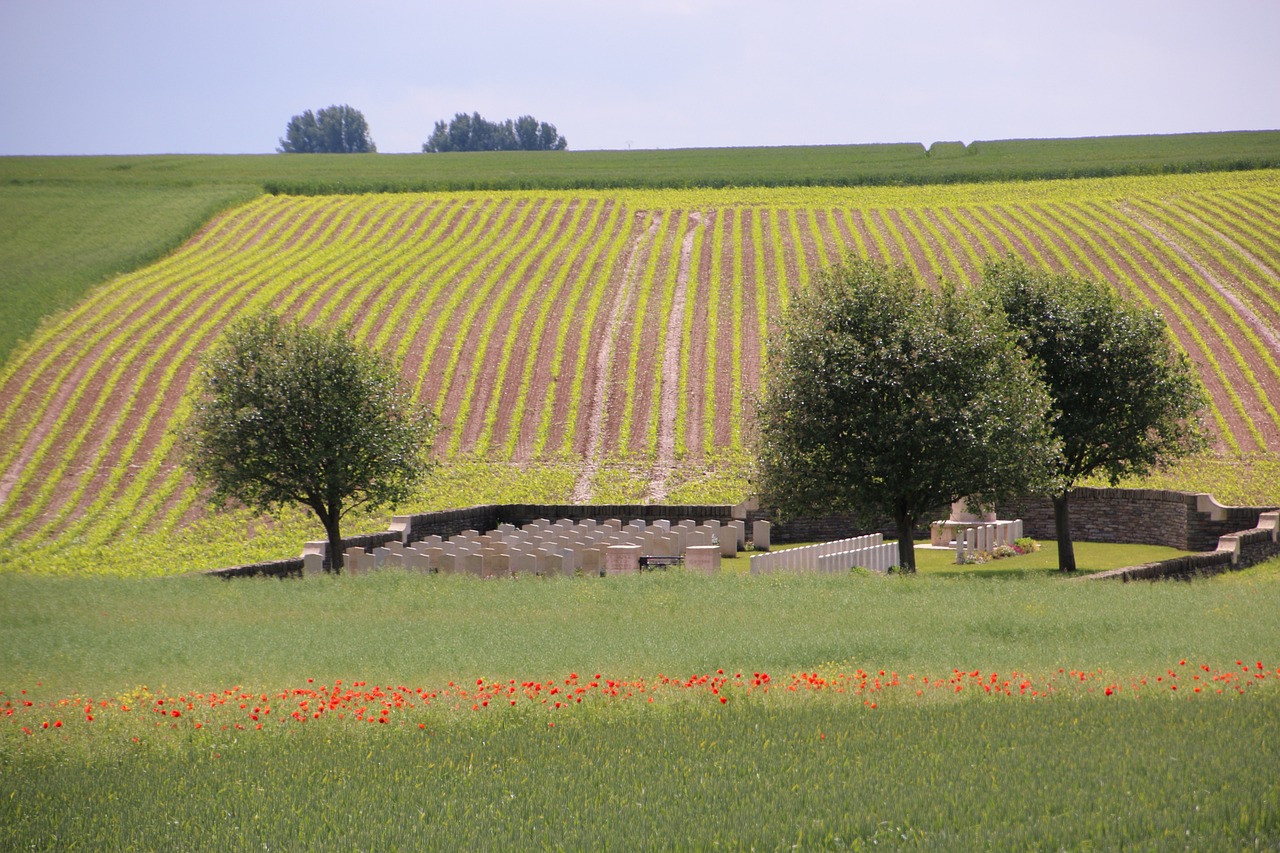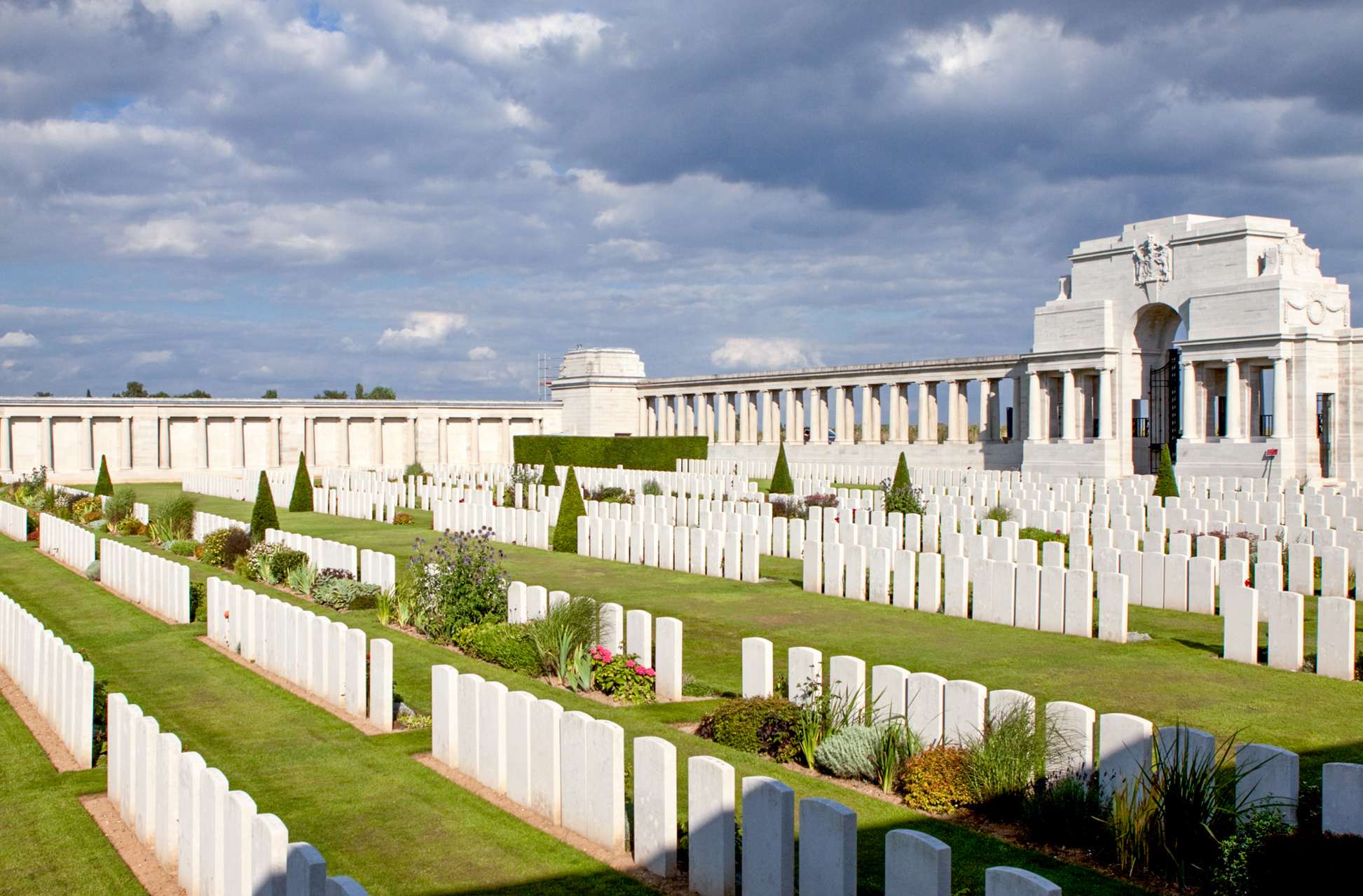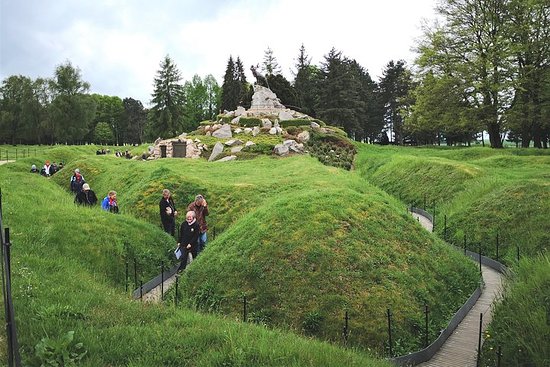Are You Ready to Start Your School's Next Big Adventure?
Our team of experienced curators are available now to answer any of your questions or to put together a quote for you.
Why is it Important for us All to Remember?
Remembering the First and Second World Wars is paramount for preserving historical knowledge, ensuring that the events, causes, and consequences of these global conflicts are accurately transmitted to future generations. This collective memory offers a valuable opportunity to learn from the mistakes of the past, fostering a deep understanding of the diplomatic failures, societal consequences, and human toll of armed conflicts.
Additionally, it serves as a poignant way to honour the sacrifices and contributions of millions of individuals who endured hardship, lost their lives, or supported the war efforts. Ultimately, the remembrance of these wars forms the bedrock for promoting peace and global cooperation, encouraging nations to work collaboratively, learn from history, and seek diplomatic solutions to conflicts, thus fostering a commitment to preventing future wars and preserving international stability.
Historical Education
Visiting the Northern France battlefields provides school children with a firsthand opportunity to learn about significant historical events, particularly those from World War I and World War II. Walking through these landscapes helps students develop a deeper understanding of the sacrifices made by soldiers and the impact of war on the region.

Cultural Understanding
Exploring the battlefields allows students to gain insights into the cultural and societal changes that occurred during and after the wars. It promotes empathy and an appreciation for the diverse backgrounds and experiences of people involved in the conflicts.
Remembrance and Reflection
A visit to the battlefields serves as a powerful way to commemorate the lives lost during wartime. It encourages students to reflect on the human cost of war, fostering a sense of gratitude for peace and a commitment to promoting understanding and tolerance.

Personal Connection to History
Walking on the same grounds where historical events unfolded creates a personal connection to history. Students can better grasp the scale of the battles, the challenges faced by soldiers, and the resilience of the communities affected by war.

Promotion of Global Citizenship
The experience of visiting Northern France battlefields contributes to the development of global citizenship. Students gain a broader perspective on international relations, conflicts, and the importance of working towards peace. It encourages them to become informed and responsible global citizens who value diplomacy and dialogue.
Summary
In essence, remembering WWI and WWII is a collective responsibility that contributes to the preservation of historical knowledge, the promotion of peace, and the honoring of those who endured the hardships of war. It serves as a foundation for building a more just, tolerant, and peaceful world.

.jpg)
.jpg)
.jpg)
.jpg)